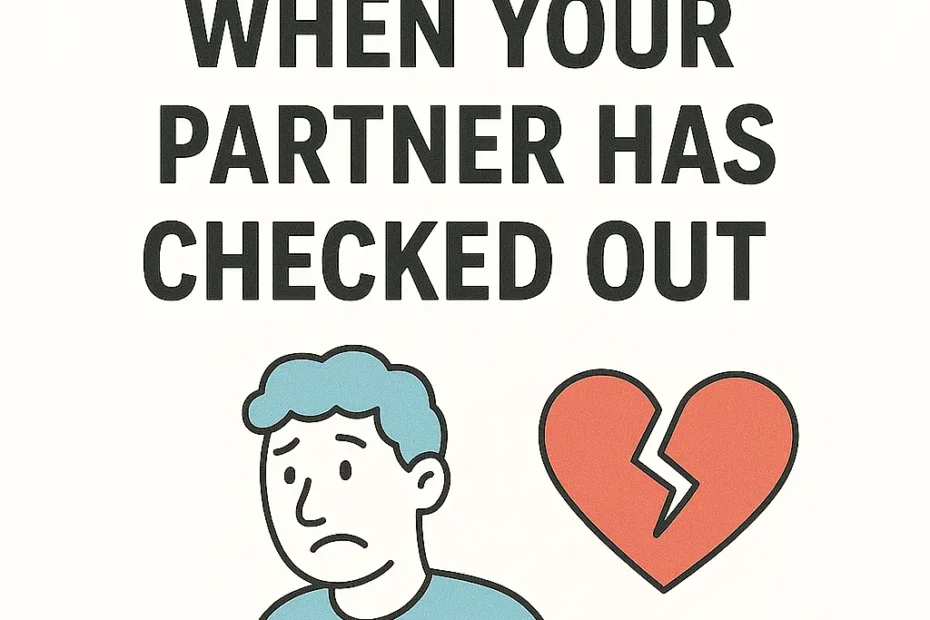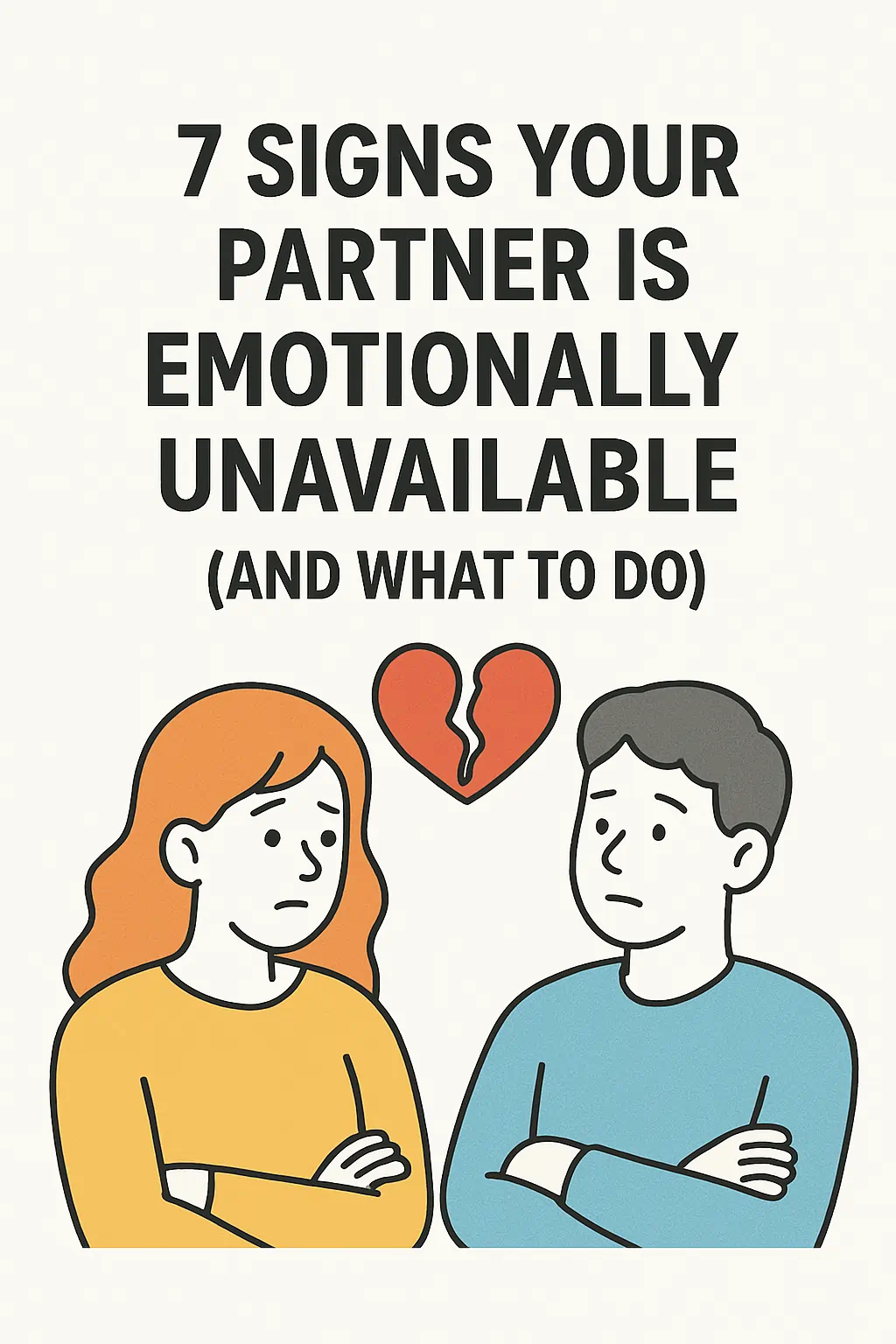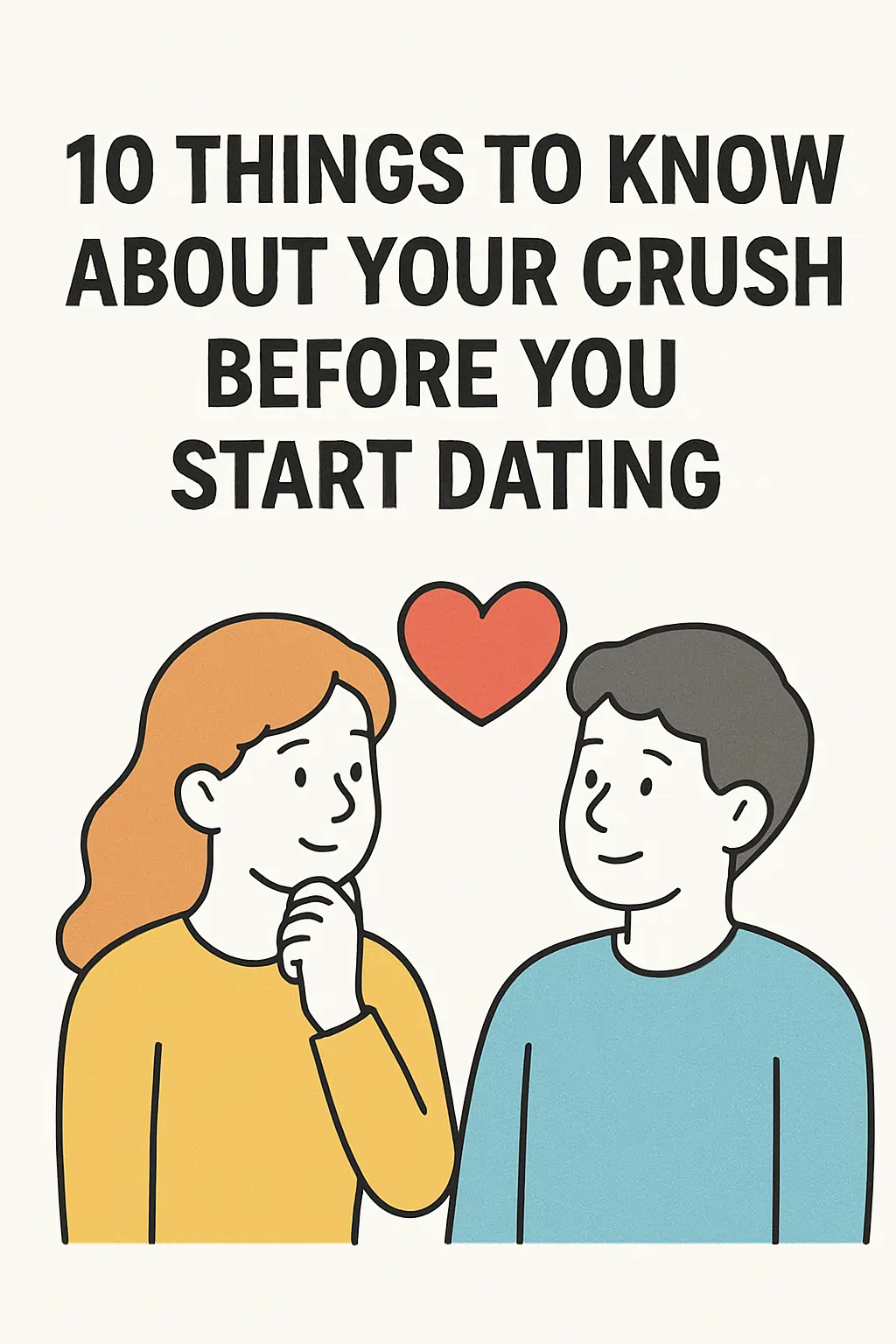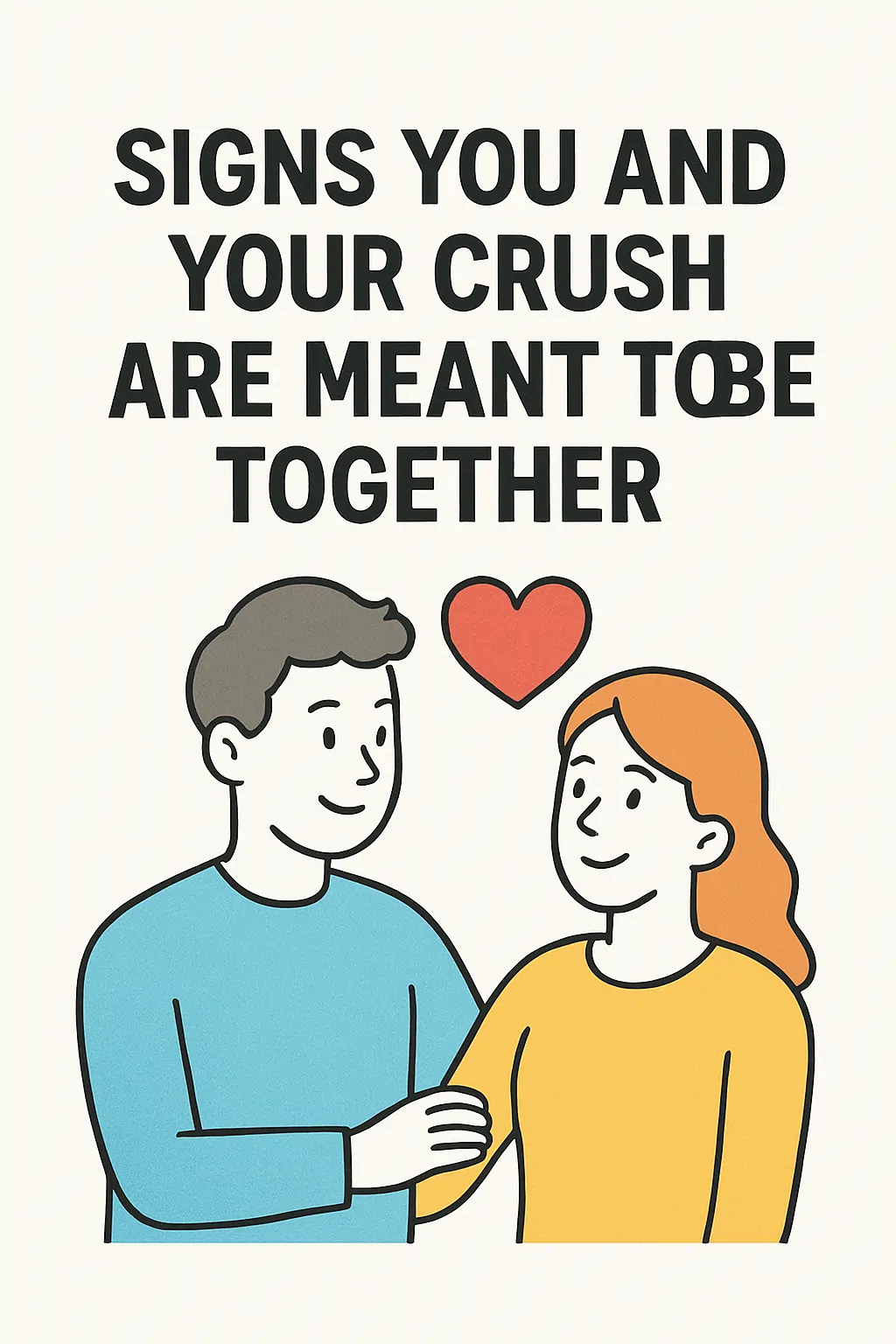They’re physically there but mentally gone.
You know the feeling. Your partner responds when you talk to them, they do the basic relationship stuff, but something’s missing. It’s like living with a polite roommate who happens to share your bed.
You’re not imagining it. They’ve quit on your relationship without actually leaving.
What “Quiet Quitting” Your Relationship Looks Like
Here’s what’s happening: Your partner has stopped investing emotional energy into your relationship while still technically being in it.
They’re doing the bare minimum. Showing up. Completing basic tasks. But not going above and beyond. Not trying.
Sound familiar?
- Conversations are about schedules, errands, kids. Nothing deeper.
- They find excuses to avoid one-on-one time with you
- Physical touch becomes rare – even casual hugs and kisses
- They stop talking about future plans together
- They seem emotionally distant even when sitting right next to you
The worst part? It happens gradually. By the time you notice, they’ve been mentally gone for months.
Why They Quit Without Leaving
If they’re so checked out, why don’t they just leave?
Because leaving is hard. Staying and being miserable is easier.
Here’s what keeps them stuck:
- Shared finances, kids, housing make leaving complicated
- Fear of being alone feels scarier than being unhappy together
- They hope things will magically improve without effort
- They’d rather avoid difficult conversations
But here’s what they don’t realize: Emotional withdrawal affects all feelings, not just the difficult ones. When you numb yourself to relationship pain, you also numb yourself to relationship joy.
They’re not protecting themselves. They’re killing their ability to feel anything.
The Real Reason They Checked Out
People don’t withdraw because they’re evil. They withdraw because they’re protecting themselves.
Common reasons:
- Past wounds: Previous relationships or childhood trauma made vulnerability feel dangerous
- Unresolved resentment: They tried to fix things before, got ignored, gave up
- Life overwhelm: Work, stress, kids left no energy for the relationship
- Conflict avoidance: They think avoiding problems preserves the relationship (it doesn’t)
The tragedy? Most of these are fixable. But only if both people are willing to do the work.
The Cycle That’s Killing Your Relationship
Here’s what happens:
- Partner withdraws
- You pursue harder
- They withdraw more
- You get frustrated and either pursue harder or give up
- Distance increases
- Resentment builds
- Repeat until someone leaves or you both become roommates
Break this cycle or watch your relationship die slowly.
How to Actually Fix This
Week 1-2: Face Reality
Stop pretending everything’s fine.
Sit down together and identify your pattern:
- What triggers the withdrawal/pursuit cycle?
- How does each of you respond when it starts?
- Where does it usually end up?
No blame. No defensiveness. Just honest pattern recognition.
Individual reflection time:
- What am I feeling right before I withdraw/chase?
- What am I hoping to achieve with my response?
- What would happen if I tried something different?
Week 3-6: Break the Pattern
When you notice the familiar cycle starting:
- Name it: “I think we’re in our pattern right now”
- Pause: Take 20 minutes apart
- Self-soothe: Don’t spend this time building your case. Calm down.
- Return: Come back curious, not strategic
Do the opposite of what feels natural:
- Withdrawer: Stay present 30 seconds longer than feels comfortable
- Pursuer: Create space instead of chasing connection
Start micro-connections:
- Two-minute daily check-ins about each other’s day
- Physical touch without expectation (hand-holding, brief hugs)
- Do things together that don’t require deep conversation
Week 7-12: Rebuild Investment
Structured emotional sharing three times per week:
- 5 minutes each: Share something you appreciated about your partner that day
- No problem-solving. Just listen.
- Take turns talking about appreciation, hopes, concerns, memories
Weekly date protocol:
- 2 hours of phone-free, problem-free time together
- Try something new together monthly
- Create a daily ritual to transition into “couple time”
Future planning:
- Start small (weekend activities)
- Work up to medium-term goals (seasonal plans)
- Eventually discuss long-term dreams
When to Call in Help
Some situations require professional support:
- Withdrawal has been going on over a year
- You’ve tried reconnecting before without lasting change
- Depression, anxiety, or trauma are involved
- Addiction or abuse are present
Don’t wait until your relationship is dead to get help.
The Hard Truth
Recovering from relationship quiet quitting isn’t about going back to how things were. It’s about consciously choosing to build something better.
This requires both people to move from unconscious patterns to intentional connection.
But here’s what nobody tells you: Relationships that successfully work through this often come out stronger than before.
The process of recognizing patterns, breaking cycles, and rebuilding connection creates deeper intimacy and understanding than you had originally.
Your Choice
Your partner has mentally checked out. You can either:
- Accept living like roommates
- Leave
- Fight for your relationship (but fight smart)
If you choose option 3, here’s what you do this week:
- Share this with your partner and discuss which patterns feel familiar
- Commit to working on reconnection for 3 months before making major decisions
- Pick one micro-connection practice to start immediately
- Consider getting professional help
- Be patient – rebuilding emotional investment takes time
The Bottom Line
Relationship quiet quitting isn’t a death sentence. With awareness, commitment, and the right approach, couples can move from parallel living to passionate partnership.
But it requires a fundamental choice: Will you continue coexisting, or will you recommit to truly living and loving together?
Your relationship is worth fighting for. But it’s also worth fighting smart.
The choice between quiet quitting and conscious recommitment is in your hands.
What will you choose?
Recovery isn’t about returning to who you were together. It’s about becoming who you could be. But only if you’re both willing to stop going through the motions and start showing up for real.
- Why Good People Do Terrible Things(And What It Teaches Us) - October 8, 2025
- 7 Signs Your Partner Is Emotionally Unavailable (And How to Fix It) - October 7, 2025
- 10 Things to Know About Your Crush Before You Start Dating - October 6, 2025



